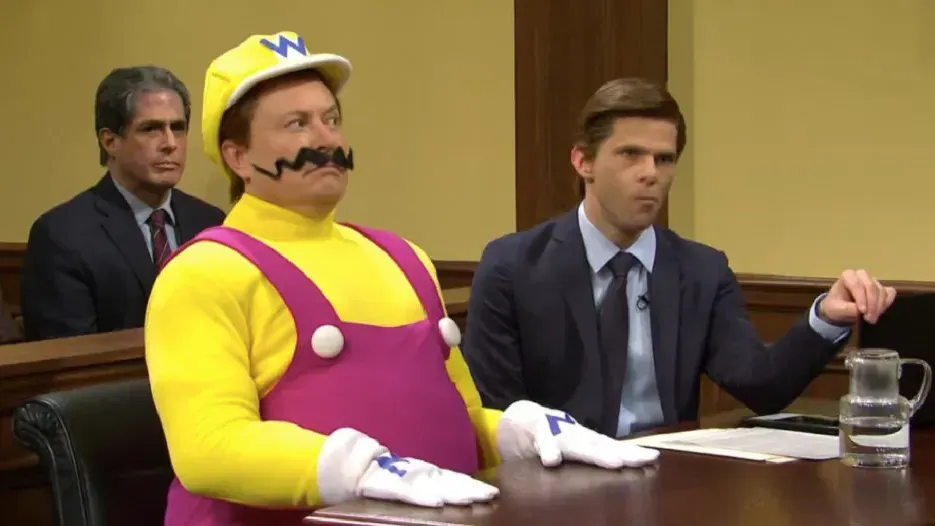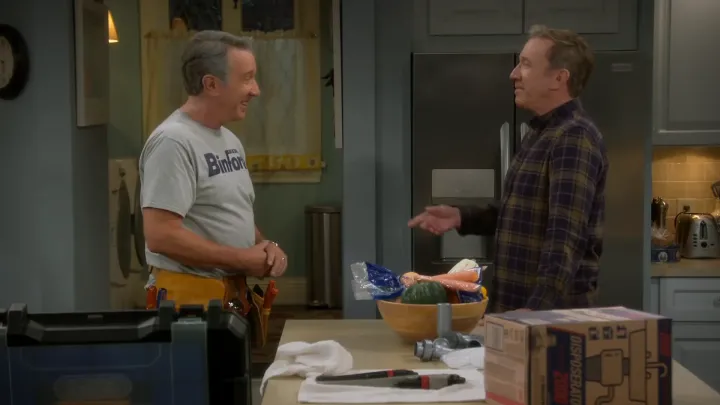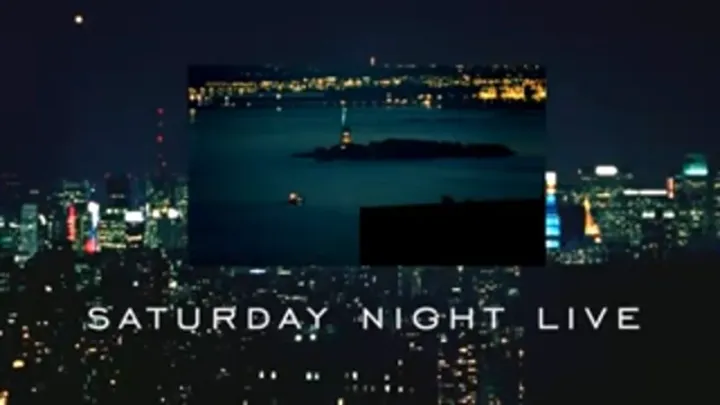The Defense Calls Wario
I'm writing about this too.

One of my favorite poems is a four-parter by Steve Scafidi called "True Stories of Bullets." The first part describes a deer hunter in Virginia who shoots a doe that runs off through the woods, leaving a trail of blood. The man follows it to a riverbank, wrestles it to the ground, snaps its neck, and realizes too late there's no bullet hole. He killed the wrong doe. The poem turns elsewhere for the next couple pages, eventually returning to the deer in its final section:
Still going that other deer ran crooked
I imagine banging through the woods
bleeding to death and didn’t get far
before lying down in autumn cold
and the frost and it must have been
sassafras, oak, sorghum and grass,
the blur of things familiar the deer saw
pass as it ran through the woods and
the world went rolling underneath
the deer who seemed to move and did
run hard and yet stood still and quiet
while the ground rolled and the deer
pushed the earth is how I see it––pushed
with its hooves and stayed in place
while we moved––you and I and all
the bright cities and the dark cities
passing in tandem under the sun then
the moon and the sun again as we
I don’t think will live to see the day
this deer really dies, my metaphysical
dying doe, my new theory as we
go to death and every story I love
goes there like a pilgrim and what
we will find there is anyone’s guess
and mine is a six-pack of Pabst
and a long conversation with god
about the past and kissing the hand
of Frank O’Hara and the eyelashes
of Marilyn Monroe and calling out
hello to the dying moving the world below.
I love this deer turning the earth as it gallops toward death. It's one of those images that lets me feel like I'm glimpsing reality's secret shape. I take the deer's stillness to suggest it has a relativistic view of the passing world, one where the living and dead blur into the tectonics of history: time and geology, power and capital, violence and conquest, all these imperceptibly massive currents that shape everything in our lives. I'm not a spiritual person, but I find clarity in this idea that the world's chaos—those hooves beating down on us—is recognizable as a longer, slower sort of order. Only the doe can see its totality.
At a gut level I also just find it deeply pleasurable to feel that sudden apprehension of bigness I get from poems like this. It's electrifying to feel minuscule, to be overwhelmed by the scale of things. This isn't a sensation I find much in comedy, which is more often leveraged to make the big small: to take complex ideas and simplify them, strange experiences and familiarize them. Which isn't a bad thing! Different art forms offer different pleasures, and there are certainly many exceptions to the generalization I just made. Still, it's a rare thrill to stumble into a piece of comedy that lets me glimpse the world behind the world—even if what I see there is deeply disturbing, as it was this weekend.
I am referring, of course, to Saturday Night Live's "Wario" sketch.
Every so often SNL does a sketch that plays beat-for-beat like an over-exaggerated parody of SNL. "Wario" is a masterwork of the genre. As a piece of writing, it's nonsense. As a performance, it's cringeworthy. As the sum of its nakedly cynical parts, it's… kind of transcendent? Here is the second richest man on earth. Here are the highest-paid sketch comedians on earth in the most prestigious comedy show on earth. Here is the set built in days by some of Hollywood's most talented artists, the costumes made to order, the crown 3D-printed for the rich man's girlfriend, the CGI Toads, the audience laughing on command. And for what? A real-life villain playing a cartoon villain on trial for murder in an aimless little make-'em-up nobody seems to be enjoying?
The pretense is so sublimely shallow it becomes translucent. You can see right through to the bloody organs underneath. Here is the way of the world asserting itself. Here are wealth and empire reaching through their mortal instruments to tell you how small you are. How little control you have. How none of it matters. Truth, beauty, justice—no, power has its own designs. Power gets what it wants. This sketch has been centuries in the making. I truly find it fascinating to watch.
Thank you for reading! If you enjoy this newsletter, you can support it by upgrading your subscription below for $6/month. And if for some reason you want to hear me say more about Elon Musk's SNL episode, check out my conversation with Peter Miller and Mike Pearl on their podcast Ding-Dong of the Week.
Header image via YouTube/NBC.


